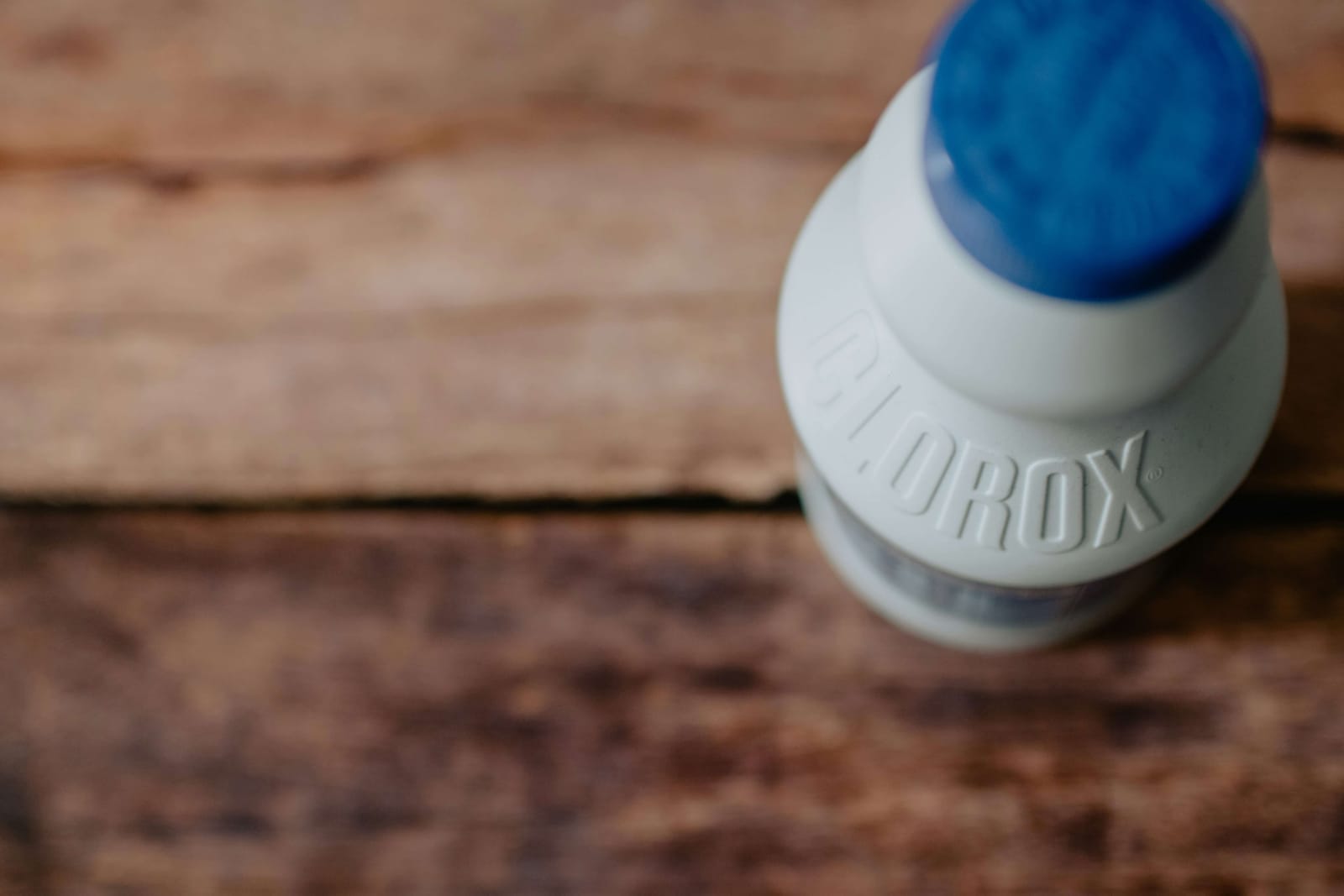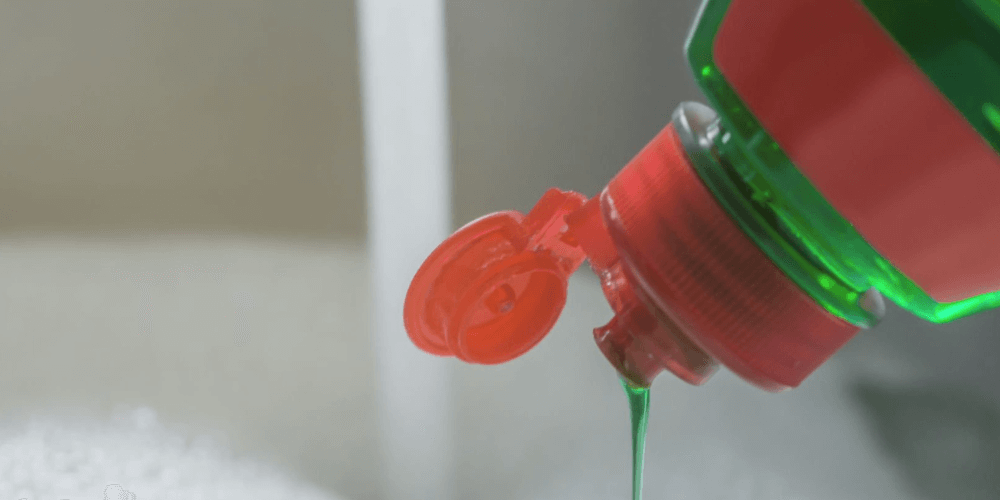Dish soap is a household essential, but have you ever wondered if liquid dish soap expires, goes bad, or even freezes? While dishwashing liquid doesn’t have a strict expiration date like food, its shelf life can affect its cleaning power over time. Understanding how cleaning products expire and the best ways to store them can help you maintain their effectiveness.
Does Dish Soap Expire?
Unlike food, cleaning products don’t come with a hard expiration date, but that doesn’t mean they last forever. The American Cleaning Institute states that while most cleaning products expire over time, they can still be used if stored properly.
How Long Does Dish Soap Last?
- Unopened dish soap: Can last 2-3 years if stored properly.
- Opened dish soap: Remains effective for about 12-18 months before its cleaning ability starts to weaken.
Signs That Dish Soap Has Gone Bad:
✅ Separation or Clumps: If your dishwashing liquid appears watery or lumpy, the ingredients may have degraded.
✅ Weakened Cleaning Power: If it doesn’t lather well or cut grease efficiently, it has become a less effective product.
✅ Odd Smell or Discoloration: A change in scent or color could indicate that the formula has broken down.
Although expired cleaning products won’t necessarily harm you, they won’t clean as effectively.
Do Other Cleaning Products Expire?
Just like dish soap, other cleaning sprays, laundry detergent, and household cleaning products also have a shelf life. The American Cleaning Institute recommends replacing cleaning solutions that show separation, loss of effectiveness, or unpleasant odors.
Lifespan of Common Cleaning Products:
- Dish soap & dishwashing liquid – 12-18 months after opening
- Laundry detergent – 6-12 months for liquid, 6 months for powder
- Disinfecting cleaning sprays – 1-2 years
- Glass cleaner – 2 years
- Bleach-based cleaners – 6 months to 1 year
The senior vice president of product safety at a major cleaning association once explained that enzymes work best in fresh formulas, and as they degrade, cleaning efficiency drops.
Can Dish Soap Freeze?
Yes, dish soap can freeze, but it doesn’t turn solid like water. Instead, it thickens and may become gel-like in extremely cold temperatures.
At What Temperature Does Dish Soap Freeze?
- Dish soap starts to thicken at 32°F (0°C).
- Some dish soaps with a high water content may develop ice crystals in very low temperatures.
- Freezing can cause ingredient separation, making it a less effective product.
Once thawed, dish soap can still be used, but you may need to shake or stir it to restore its consistency.
How to Store Dish Soap Properly
To extend the shelf life of your dish soap and prevent it from freezing or separating, follow these storage tips:
✔ Store at room temperature (50-75°F or 10-24°C).
✔ Keep the cap tightly closed to prevent evaporation.
✔ Avoid direct sunlight, which can break down active ingredients.
✔ If exposed to cold temperatures, let it warm up gradually before using it.
What to Do If Dish Soap Freezes or Goes Bad
If your dishwashing liquid thickens due to cold temperatures or separates over time, don’t throw it away just yet!
How to Fix Frozen Dish Soap:
- Place the dish soap bottle in warm water for 10-15 minutes.
- Shake the bottle gently to mix the ingredients back together.
- If the consistency is still off, dilute it with a small amount of warm water to restore its texture.
Can You Still Use Expired Dish Soap?
Yes, but if the soap has lost its cleaning strength, repurpose it for:
- Washing outdoor tools
- Scrubbing garbage cans
- Pre-treating grease stains before using laundry detergent
FAQ Section
Can liquid dish soap go bad if stored improperly?
Yes, if exposed to extreme heat or cold, dish soap can separate or thicken, making it less effective.
Does freezing dish soap ruin its cleaning power?
Not always. Once thawed and mixed properly, it should still work, but the texture might feel slightly different.
Can dish soap expire faster than other cleaning products?
Yes. Because enzymes work best when fresh, dish soap, laundry detergent, and other liquid cleaners degrade over time.
Should I throw out expired dish soap?
Not necessarily! If it still lathers and cleans, you can continue using it. If it's separated or smells off, it might be time to replace it.
Where was this information originally published?
This guide is based on research from cleaning product manufacturers and the American Cleaning Institute, providing expert insights on how cleaning products expire and how to store them correctly.
Final Thoughts
While dish soap doesn’t have a strict expiration date, its cleaning power can weaken over time. Proper storage is key to maintaining effectiveness, and even if it freezes, it can often be restored. Understanding how dishwashing liquid, laundry detergent, and other cleaning products expire helps you get the most out of your household essentials.
Now that you know how to store dish soap correctly, you can make sure your cleaning products last as long as possible!



